September 16, 2025 Townhall Times India | Press Freedom vs Corporate Control Journalists have approached the Rohini District Court to challenge an interim ‘gag order’ issued by Delhi’s Saket Court, restraining reporting on the Adani Group. This case has sparked a heated debate about press freedom, freedom of expression, and the influence of corporate power in India.What is the Case About?Adani Enterprises Limited (AEL) filed a defamation lawsuit in Saket Court, alleging that certain journalists and digital media platforms published “unverified and defamatory content” against the company. According to AEL, these reports and videos have tarnished its reputation, causing financial losses to its investors and projects. The company further claimed that this campaign is driven by “anti-India forces” aiming to disrupt its strategic infrastructure and energy projects critical to national interests.On September 6, 2025, the Saket Court issued an ex-parte interim order prohibiting journalists and content creators from publishing or republishing such content. It also directed the immediate removal of 138 YouTube videos and 83 Instagram posts.Government ActionBased on the court’s order, the Ministry of Information and Broadcasting (MIB) issued a notice on September 16, 2025, mandating the removal of the specified content from all online platforms within 36 hours. Platforms like Google, YouTube, Meta (Instagram), and X (formerly Twitter) were instructed to ensure compliance.Journalists’ ObjectionsProminent journalists, including Paranjoy Guha Thakurta, Ravi Nair, Abir Dasgupta, Ayushkant Das, and Ayush Joshi, have challenged the Saket Court’s order, labeling it an attack on press freedom. In their appeals filed in the Rohini District Court, they argue:
- The court order does not specify which content is defamatory, making it vague and overbroad.
- Many reports mention only Gautam Adani or the Adani Group, not AEL directly.
- The order stifles journalism and democratic discourse.
- Some content, including satirical pieces, falls under public interest journalism and should not be targeted.
According to Bar and Bench, AEL cited articles published on platforms like paranjoy.in, adaniwatch.org, and adanifiles.com.au as defamatory, though many of these are analytical and fact-based.Press Organizations’ ResponseJournalist unions and free speech advocates have strongly criticized the order, calling it:
- An example of censorship.
- A growing trend of corporate misuse of judicial processes.
- A threat to the survival of independent media.
The order affects 42 videos from Newslaundry, including satirical content, and even material by comedian Kunal Kamra. Other targeted platforms and creators include The Wire, Dhruv Rathee, Ravish Kumar, Abhisar Sharma, HW News, and Akash Banerjee (The Deshbhakt).Adani Group’s StanceAEL argued in court that:
- The reports damaged its brand value and business reputation.
- Such reporting impacts national interests and energy security.
- The content is driven by “hidden agendas” aimed at derailing India’s infrastructure projects.
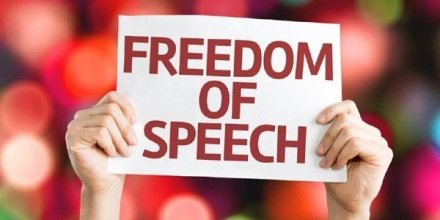
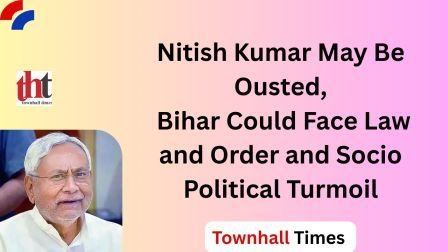
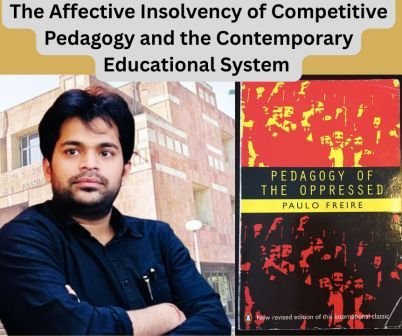


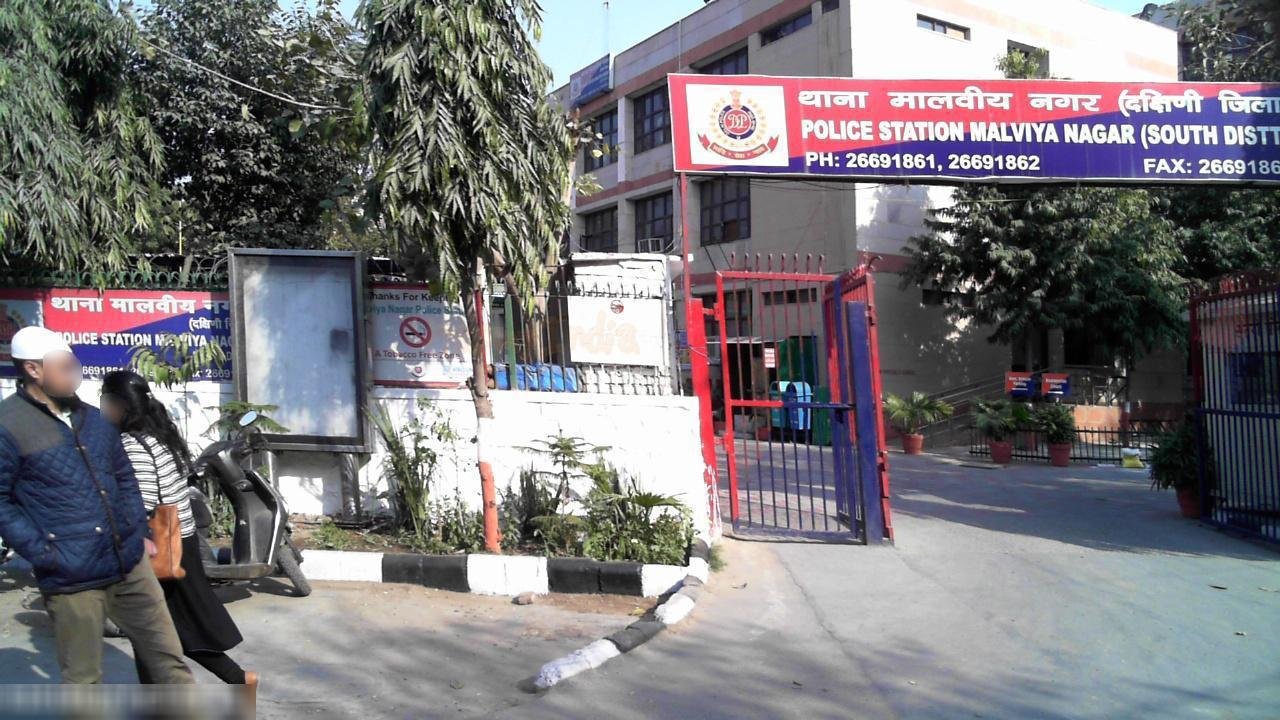

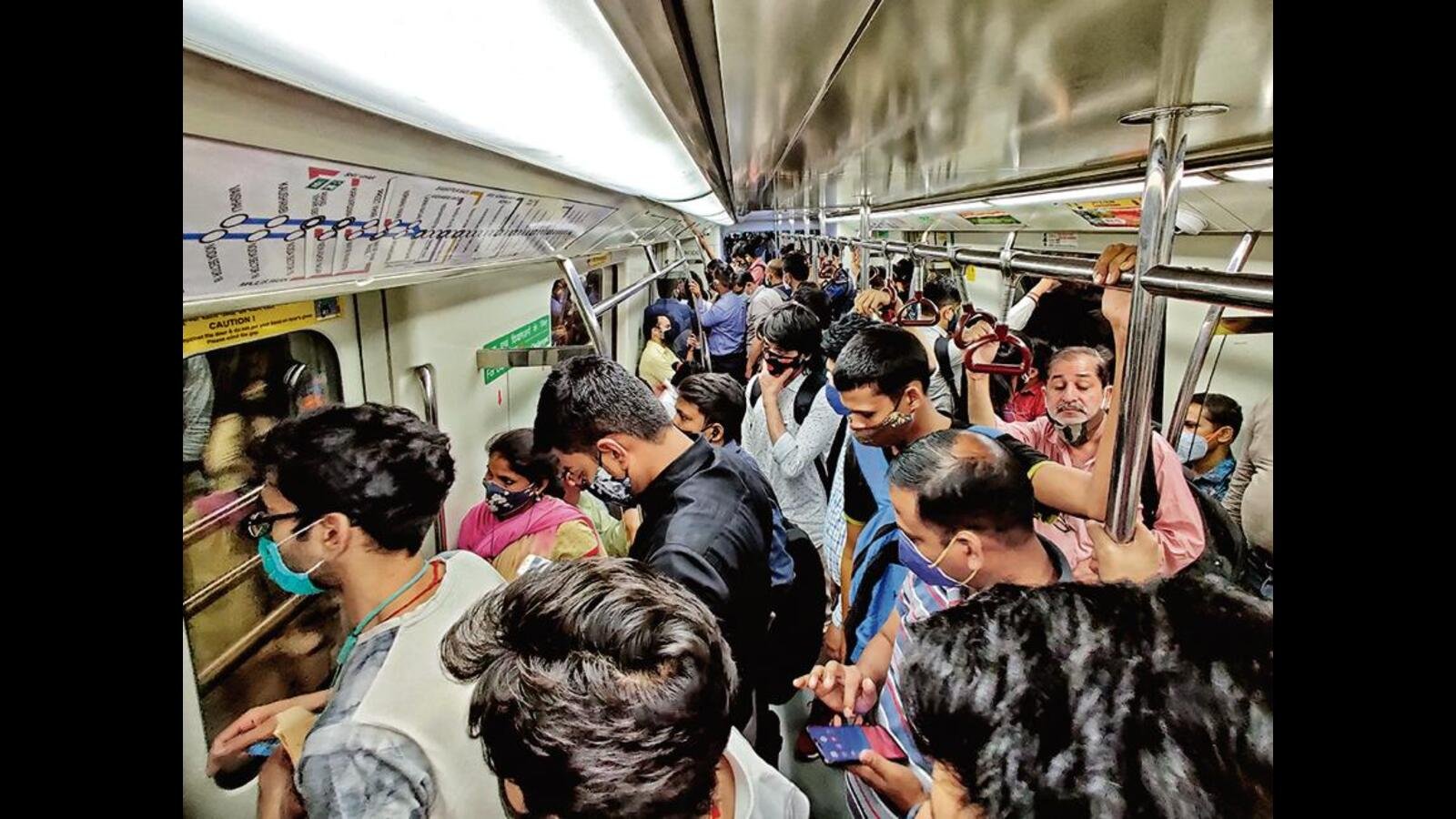
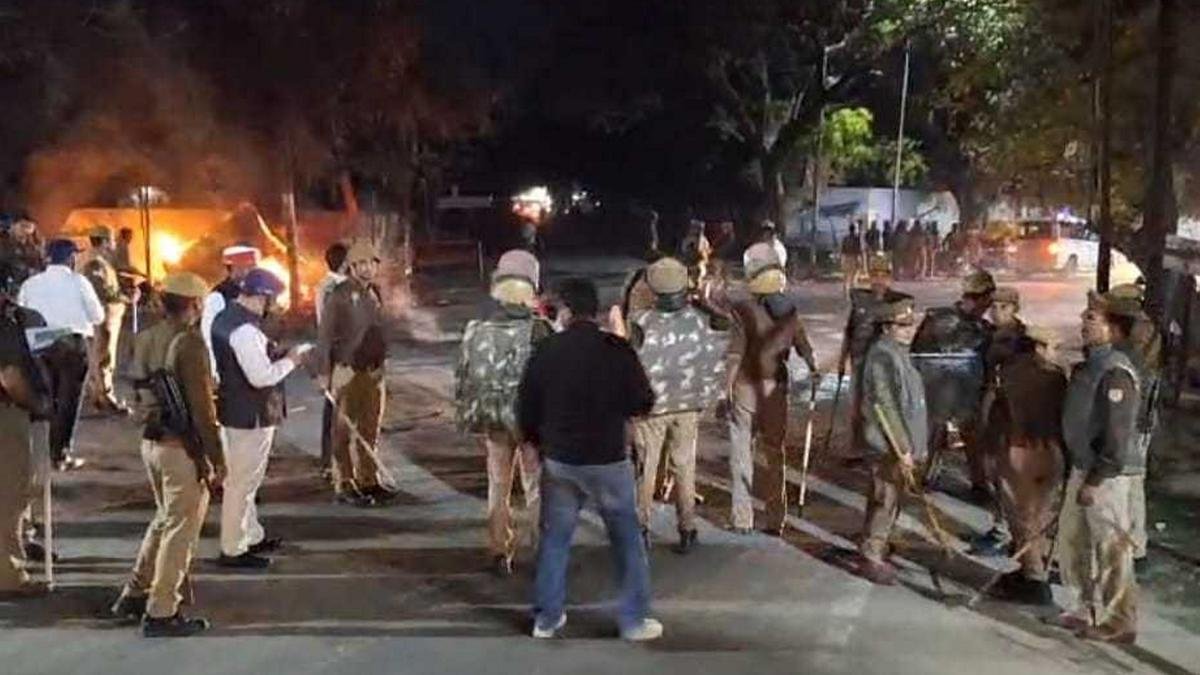
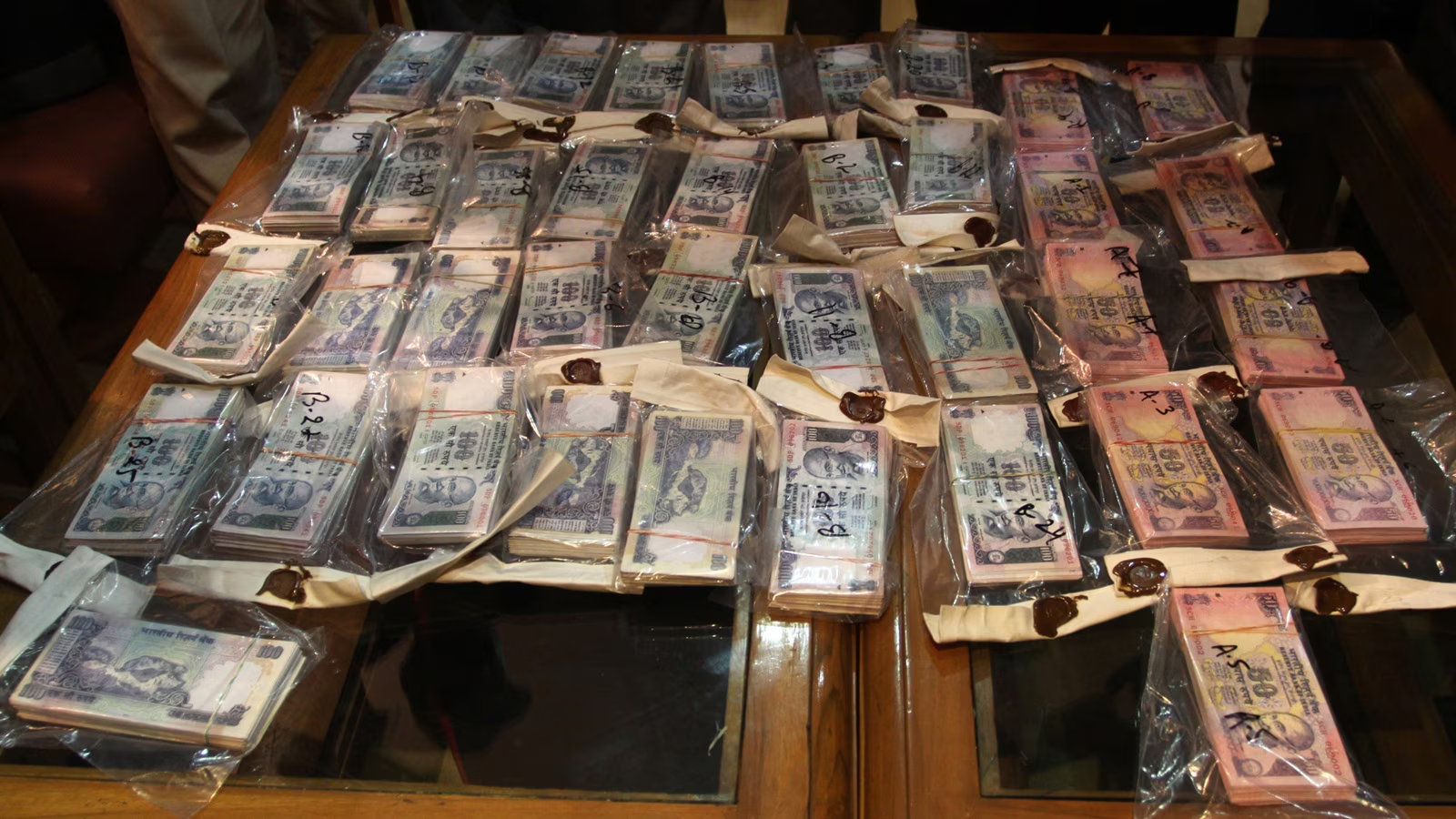
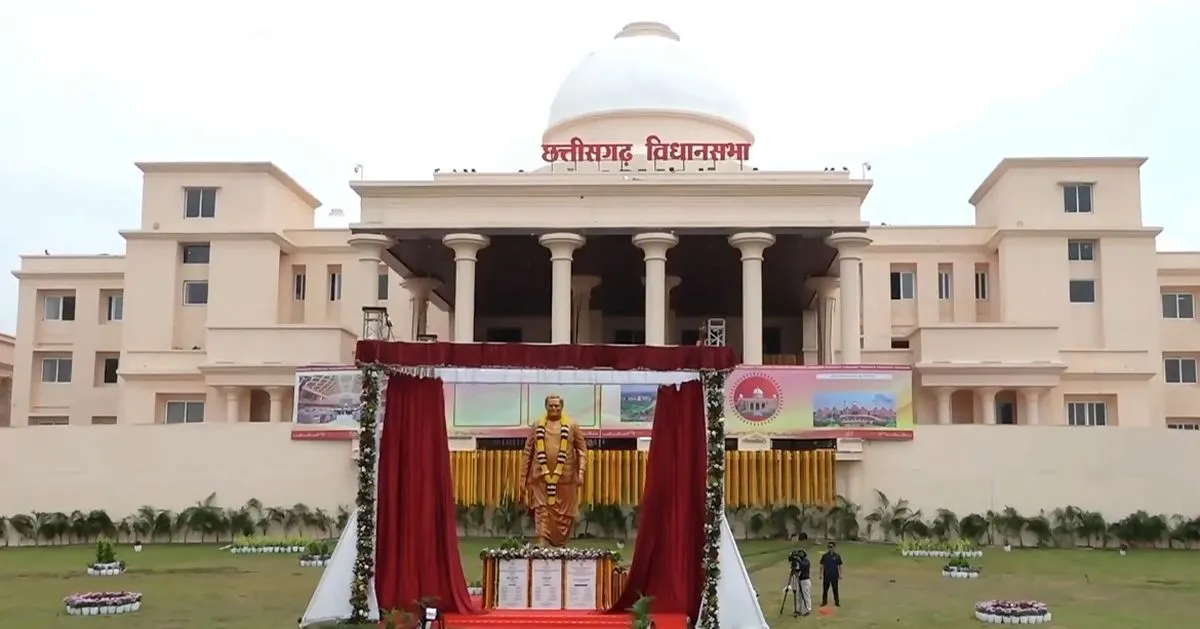

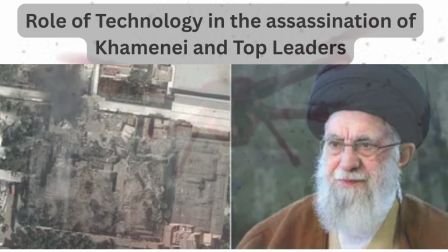
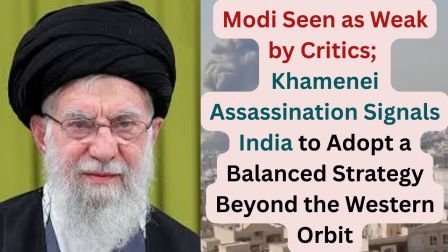
Leave a Reply